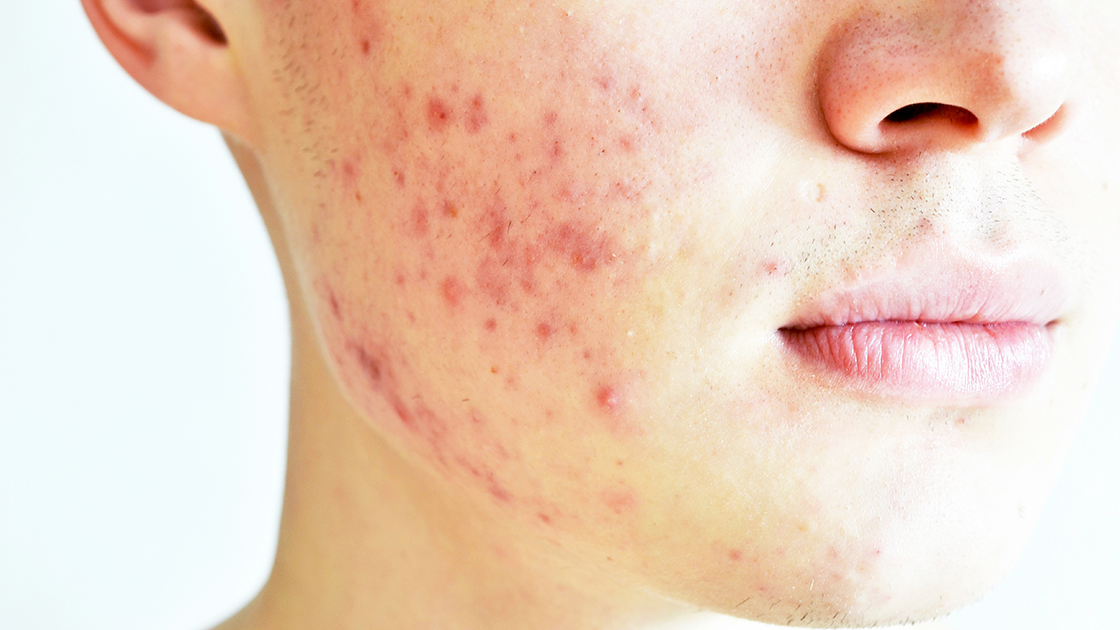Page Contents
Dealing with skin concerns can be a complex journey, especially when it comes to conditions like rosacea. The persistent redness, visible blood vessels, and occasional bumps associated with rosacea can impact both physical appearance and self-esteem. In the quest for effective relief, laser therapy has emerged as a transformative solution.
The Complexity of Skin Issues
Skin problems are often multifaceted, influenced by various factors such as genetics, environmental triggers, and lifestyle choices. Rosacea, a chronic inflammatory skin condition, manifests as redness, flushing, and sometimes, the appearance of small, red bumps. The complexity of rosacea lies in its diverse symptoms and the challenge of finding a treatment that addresses both the visible signs and the underlying inflammation.
Laser Therapy: A Highly Effective Solution
In the realm of skincare, laser therapy has proven to be highly effective in providing relief for individuals grappling with rosacea. Unlike topical treatments or oral medications that may offer temporary solutions, this therapy addresses the root causes of rosacea, offering a more comprehensive and lasting approach.
Laser therapy for rosacea involves the use of targeted beams that penetrate the skin, selectively targeting blood vessels and reducing inflammation. The efficacy of this treatment lies in its ability to:
1. Vascular Reduction:
Laser therapy targets the visible blood vessels associated with rosacea, causing them to constrict and gradually fade. This helps diminish the persistent redness and flushing characteristic of the condition, providing patients with a more even skin tone.
2. Inflammation Reduction:
The heat generated by laser therapy also has anti-inflammatory effects, calming the underlying inflammation that contributes to rosacea symptoms. By addressing inflammation at its source, laser therapy aids in reducing the frequency and intensity of rosacea flare-ups.
3. Collagen Stimulation:
Laser therapy stimulates the production of collagen, a key protein responsible for skin elasticity and firmness. This not only improves the overall texture of the skin but also contributes to a more youthful and rejuvenated appearance.
The Safety of Laser Therapy
Safety is a paramount concern when exploring treatments for skin conditions, and laser therapy for rosacea has demonstrated a commendable safety profile. The procedure is typically performed by trained skincare professionals or dermatologists, ensuring precision and minimizing the risk of adverse effects.
1. Non-Invasive Nature:
Laser therapy is a non-invasive treatment, meaning there are no incisions or surgical procedures involved. This characteristic eliminates the need for extended recovery periods and reduces the risk of complications associated with invasive treatments.
2. Minimal Discomfort:
While some patients may experience mild discomfort during the procedure, it is generally well-tolerated. The sensation is often described as a warming or tingling feeling, and any discomfort is temporary.
3. Short Recovery Time:
Laser therapy requires minimal downtime. Patients can typically resume their daily activities immediately after the treatment, making it a convenient option for those with busy schedules.
Conclusion
Transforming your skin and finding relief from the complexities of rosacea is possible with the innovative approach of laser therapy. Beyond offering visible improvements, addresses the underlying causes of rosacea, providing a holistic solution to this challenging skin condition. As individuals seek effective and safe treatments for rosacea, the transformative power of laser therapy stands out, offering a path to clearer, healthier, and more radiant skin. Always consult with skincare professionals or dermatologists to determine the most suitable treatment options for individual cases and embrace the journey towards rosacea relief with confidence in the safety and efficacy of laser therapy.
